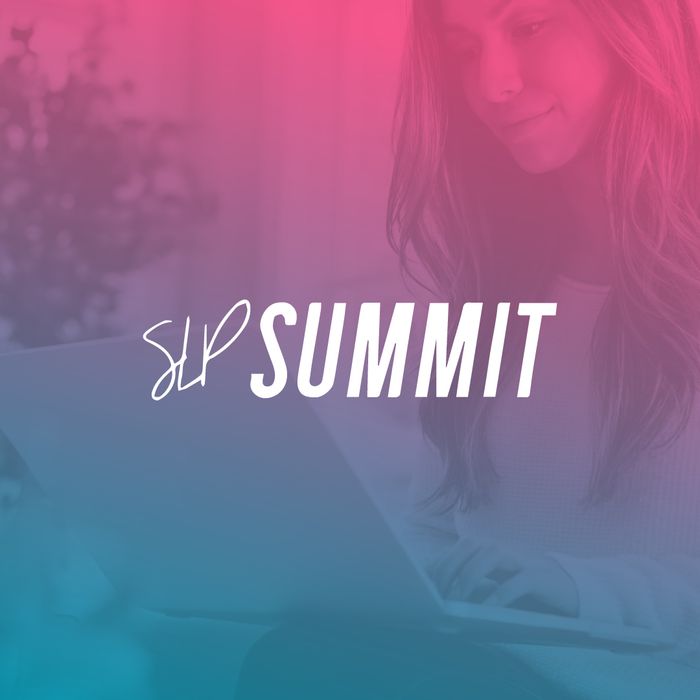SLP Summit (July '25)
The biannual SLP Summit is a premier online conference that brings together SLPs from around the globe. Established in 2017, this event has grown to become a trusted source of knowledge, inspiration, and networking opportunities within the field of speech, language and hearing sciences and beyond!
Browse Courses Below